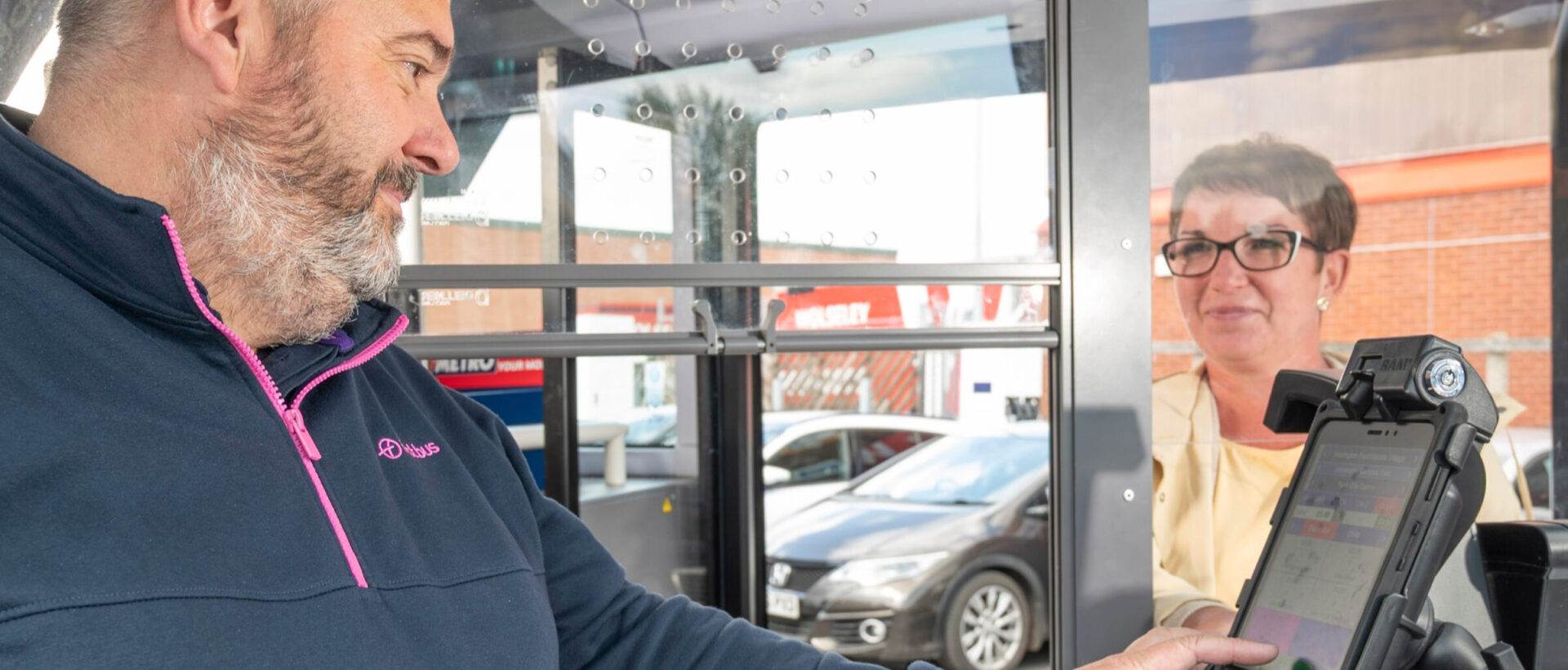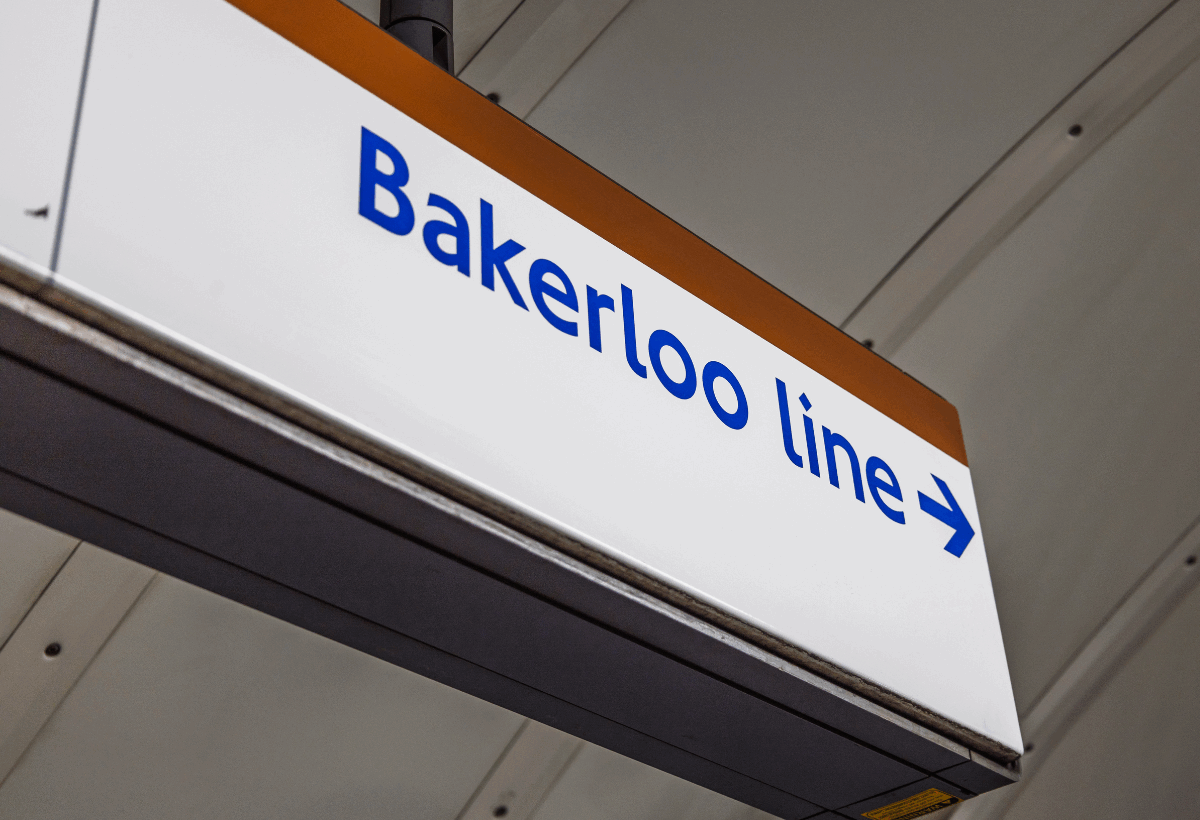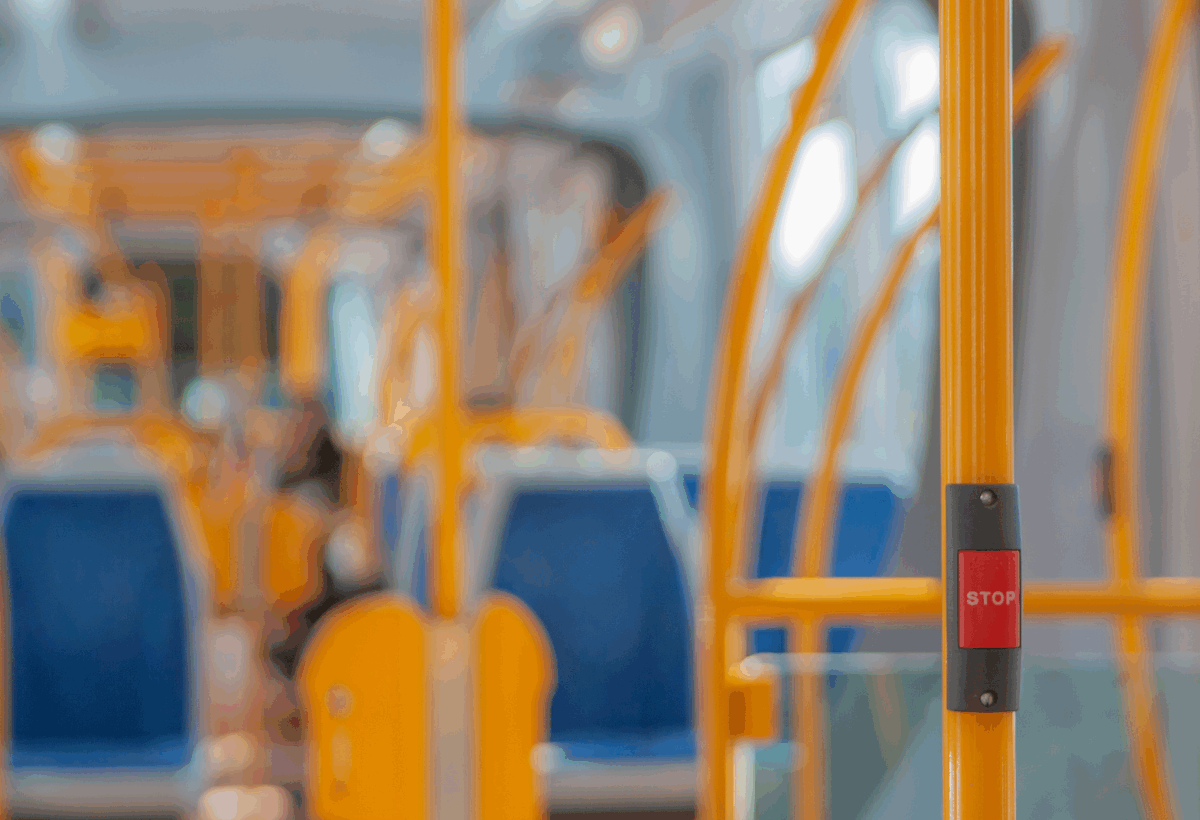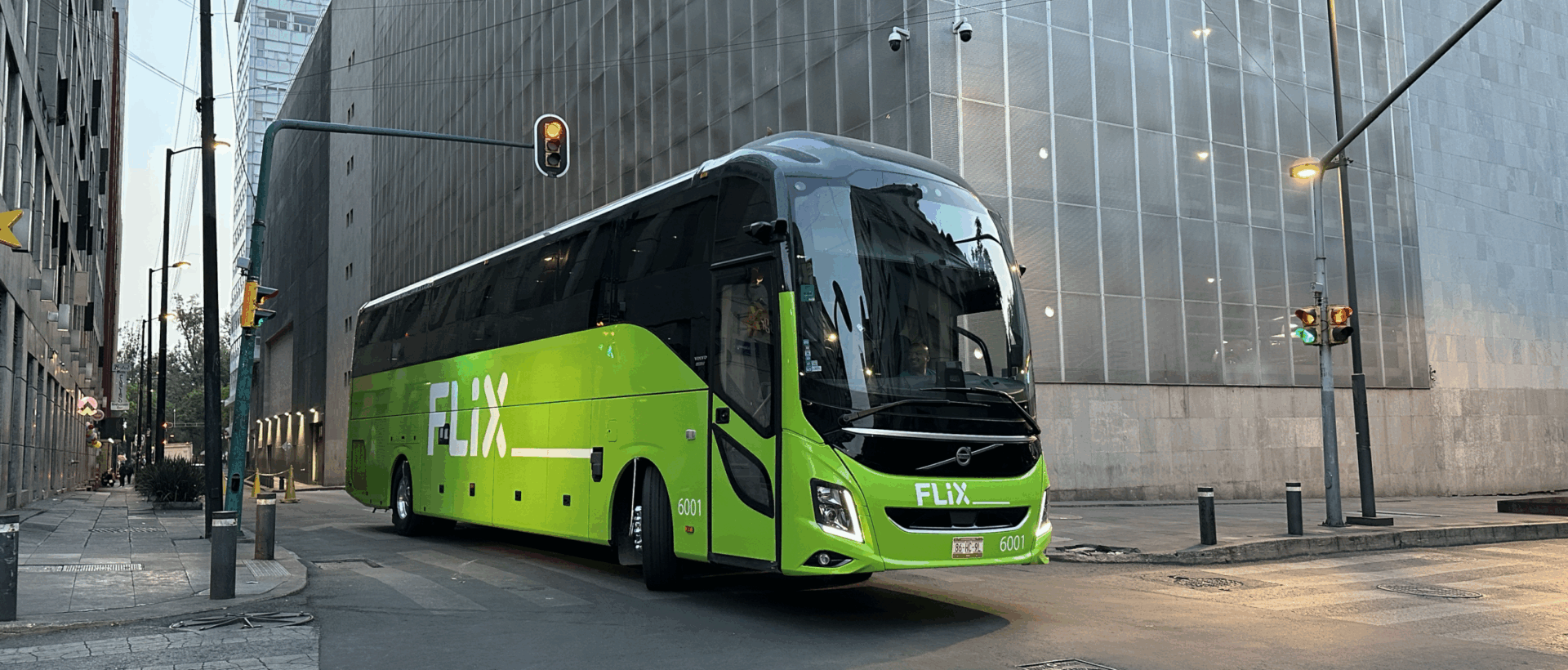HID, a worldwide leader in trusted identity and biometric authentication solutions, recently published its State of Mass Transit Ticketing Hardware Report 2025 based on a survey of 102 mass transit providers worldwide.

Five key priorities that decision-makers should consider emerging from this year’s survey findings:
- Reducing reliance on cash payments to streamline fare collection and operations: About 43% of agencies aim to implement contactless ticketing systems, with 88% planning deployment within the next 12–24 months.
- Enhancing passenger experience by prioritizing convenience and faster ticketing transactions: Nearly two-thirds of agencies rank user-friendly interfaces as the most important feature in ticketing hardware.
- Expanding contactless and mobile payment options to address rising demand: Open-loop EMV contactless systems remain a top priority, with 43% of agencies planning deployments within the next five years. Europe currently leads mobile ticketing adoption, with 86% of their agencies using app-based solutions, compared to 58% globally.
- Collecting detailed ridership data to inform strategic decision-makers: More than half of respondents say they will prioritize single ticketing interfaces that can read multiple ticket types, are user-friendly and provide data.
- Reducing dependency on proprietary ticketing systems by adopting flexible, open-architecture solutions: Solutions built on open architecture are a high priority for 40% of respondents, indicating the need for solutions to evolve as the industry’s needs change. Proprietary technology remains a significant hurdle, particularly in Latin America and the Asia-Pacific.
Mass transit fare collection and ticketing processes are undergoing a passenger-centric revolution driven by technology, making it essential for agencies to select the right partner and hardware solutions that can evolve alongside industry demands.
The full report includes additional global data and further analysis. Read it here.
This article was originally published by HID.








